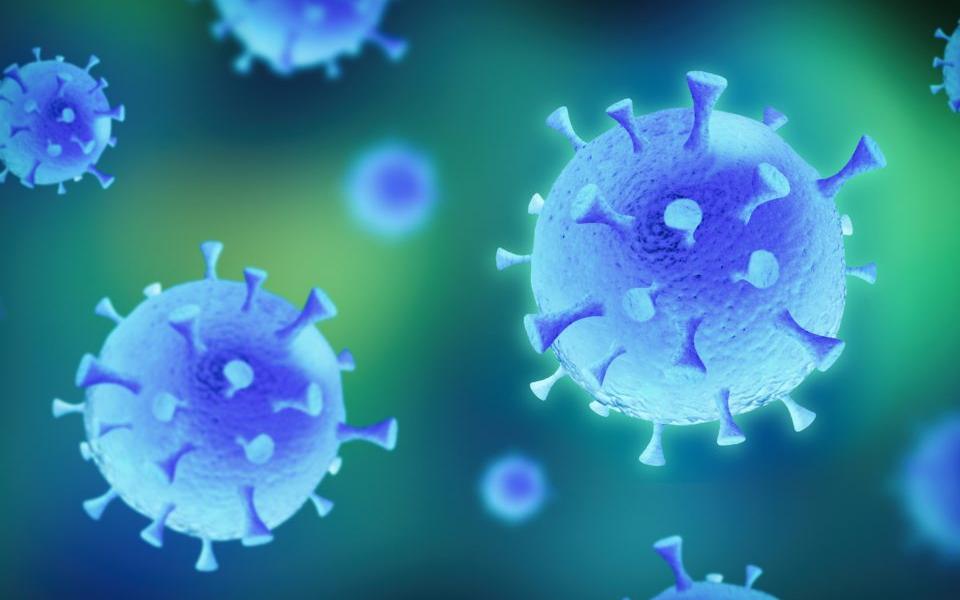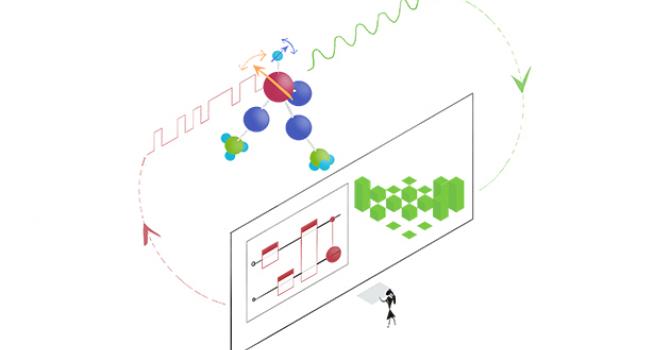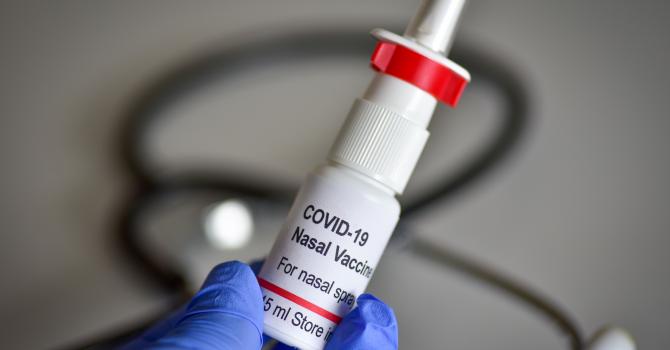Chemotherapy for Treatment of Coronavirus Infections
Prof. Dennis Chan, Adjunct Associate Professor of Department of Chemistry, explains how scientists are working against time to treat coronavirus infections.
By Prof. Dennis Chan, Department of Chemistry, HKUST
Since the outbreak of the novel coronavirus (2019-nCoV), peoples become very nervous and vigilant. Masks and alcohol sanitizers are sold out very quickly in Hong Kong as well as in the cities of mainland China.
It is a novel virus and a novel type of pneumonia. Therefore, there is no established medical treatment (no cure for now!) for such a disease. Does it mean that scientists cannot do more to fight against the disease?
With the more advanced science and technology nowadays, scientists can work at an unprecedented speed. For example, scientists have identified the new pathogenic virus and cracked its genetic codes at world record speed. Now new clinical trials for chemotherapy are on the agenda quickly.
Coronaviruses, like many other viruses, need to replicate itself quickly to cause harm to humans. Therefore, scientists have designed molecules that can be inserted into the replication machinery of the pathogenic virus, and hope that they can successfully block the machine and stop the viral replication. Molecules of this sort include ribavirin and remdesivir. Some pharmaceutical giants are now working with Chinese health authorities to investigate the effectiveness of some new antiviral drug candidates, such as remdesivir, for treatment of pneumonia caused by 2019-nCoV. China’s Food and Drug Administration has approved to start a randomized, controlled clinical trial in Wuhan for patients who have mild to moderate forms of pneumonia as a result of coronavirus infection. Although up to now, the therapy hasn’t demonstrated to be safe or effective for use, the existing data has shown that remdesivir had “in vitro and in vivo activity in animal models” against coronaviruses, such as those causing Middle East respiratory syndrome (MERS) and severe acute respiratory syndrome (SARS).
A research article has been published on January 31, 2020 in The New England Journal of Medicine, in which it described a positive response to intravenous remdesivir recorded in a patient undergoing treatment for pneumonia caused by the novel coronavirus infection. It is hoped that the antiviral will give encouraging result soon.
Moreover, after the genetic code of the virus has been analyzed, scientists discovered that the new coronavirus used a similar method of attack into human cells by the flu virus, and have a similar reproductive cycle of HIV virus. Thus, a combination of flu and HIV medications may be able to treat severe cases of the new coronavirus. The use of large doses of the flu drug, oseltamivir, combined with HIV drugs, lopinavir, and ritonavir, may be beneficial to the patients. Such kind of chemotherapy clinical trials are also underway.
Viruses can be very dangerous. If scientists across the globe work together, we still can find ways to fight against them.






